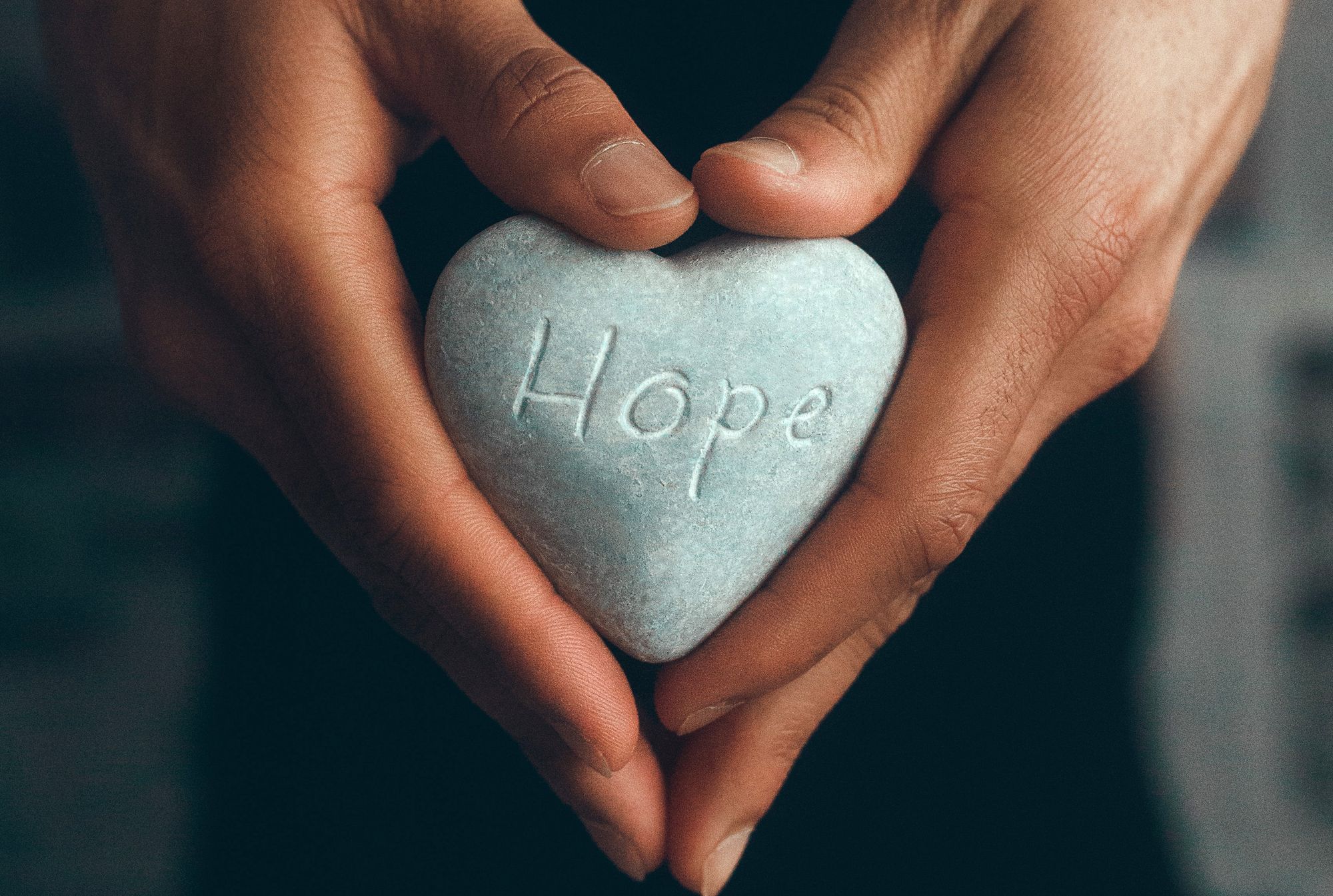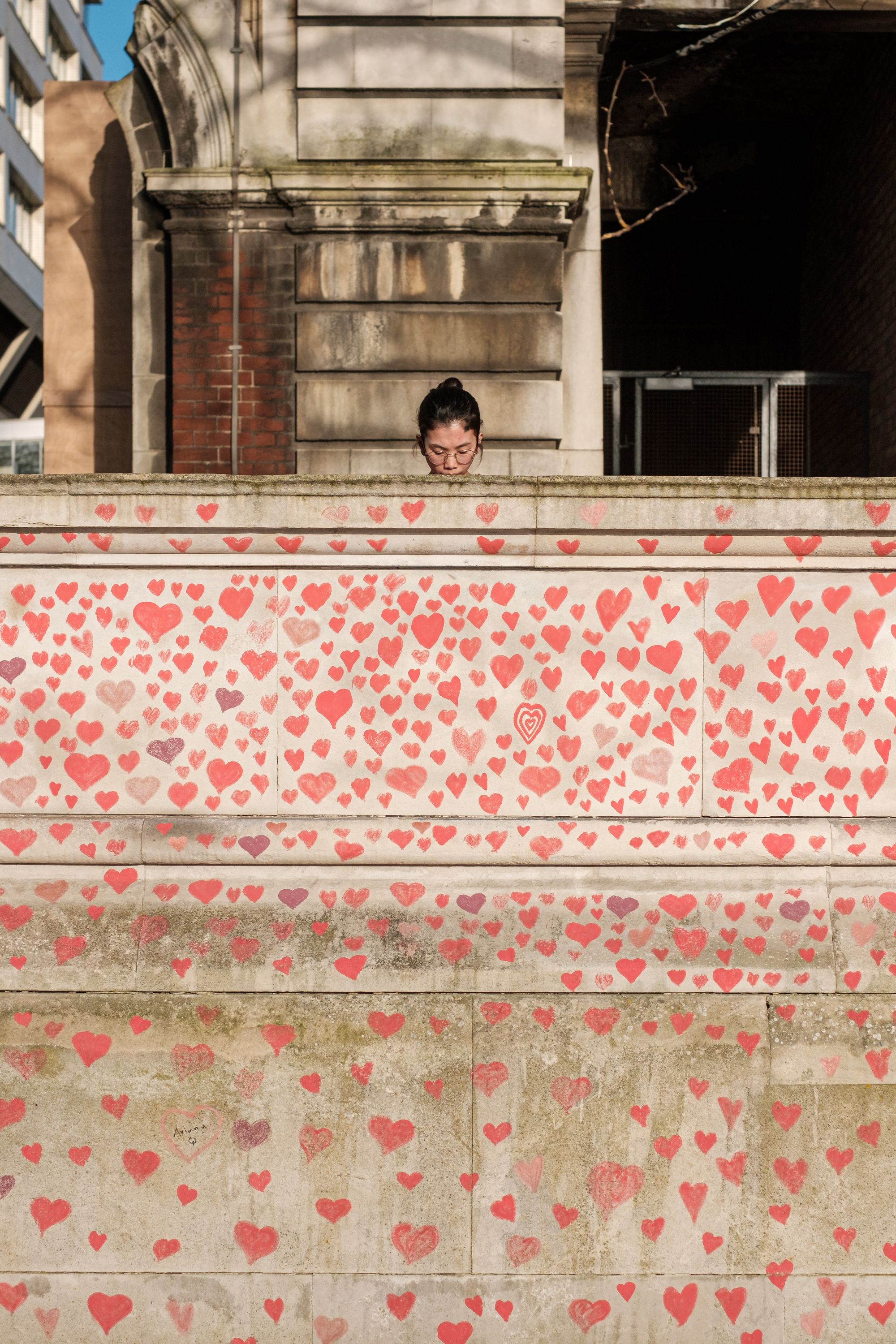I can’t remember a time in my lifetime in which a singular event touched, literally, every life. Some days, I have no words, but I still have hope
In all of this, there is this nagging optimism that won’t leave me. In all the tragedy and destruction, the lack of things, plans and socializing, there is this hope.

Ramifications of past events may have been far-reaching, but never before landed inside all of our homes.
During 9-11, we were frozen as we watched lives and American landmarks being destroyed. For most of us, the visuals remain vivid, but not all of us experienced personal loss. During the last recession, many of our neighbors faced the life-altering loss of possessions, some didn’t. Many years ago, as a television news reporter, I watched from the ground at Cape Canaveral as the Space Shuttle Challenger disintegrated, lives ended and families changed. It was tough to watch and to cover, but it didn’t change my family, directly. And as a child, I remember the near back-to-back assassinations of a president, a civil rights leader and a presidential candidate. I thought the world was ending, but it wasn’t. And for those who were not supportive of those men, I imagine that the impact was less to them than for the rest of us.
But today, I can't think of one human on this planet not directly affected by the enigmatic Coronavirus.
Let’s think about that:
Rich, middle class, poor. Influencer, corporate leader, business owner. Employee, stay at home parent, educator. Doctor, nurse, EMT, lab tech. Elected official, appointed official, civil service worker. Executive, hourly worker, skilled laborer. There is no segment of our communities untouched.
If you’re like me, communicating is in your DNA, ordinarily. But these days I am uncharacteristically speechless and wordless. I want to journal, but I can’t. And despite that, I continue to have this inexplicable positive attitude. I can’t tell you why. I have no analytics to support my optimism.
I have observations (for what they’re worth), and a deep-seated belief that something happens when we are all in the metaphorical foxhole together. Whether we sync’d up on a TP run, looked like hell on a Zoom call, or just waved because a face mask covered a “hello,” we’ve achieved something only tragedies can orchestrate; the mass creation of common ground. Never have so many with so many differences, had so much in common. The Michelin Star restaurant closed, as did your burger joint. The luxury spa and the neighborhood nail salon, the same. Closed also, car dealerships, hair salons, and limited or virtual doctor’s visits. If you needed a plumber or other home repairs, you asked that they wear shoe covers and masks, let them inside and moved away from them the way an x-ray technician runs behind the barrier before you’re zapped.

In all of this, there is this nagging optimism that won’t leave me. In all the tragedy and destruction, the lack of things, plans and socializing, there is this hope. I can’t shake it, so I searched for a quotation that could make it make some sense. I found this one from the Dalai Lama:
“There is a saying in Tibetan, ‘Tragedy should be utilized as a source of strength.’
No matter what sort of difficulties, how painful experience is, if we lose our hope, that’s our real disaster.”
It was exactly what I needed to see. It gave me words.
